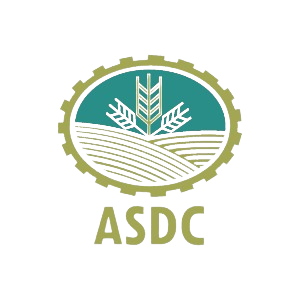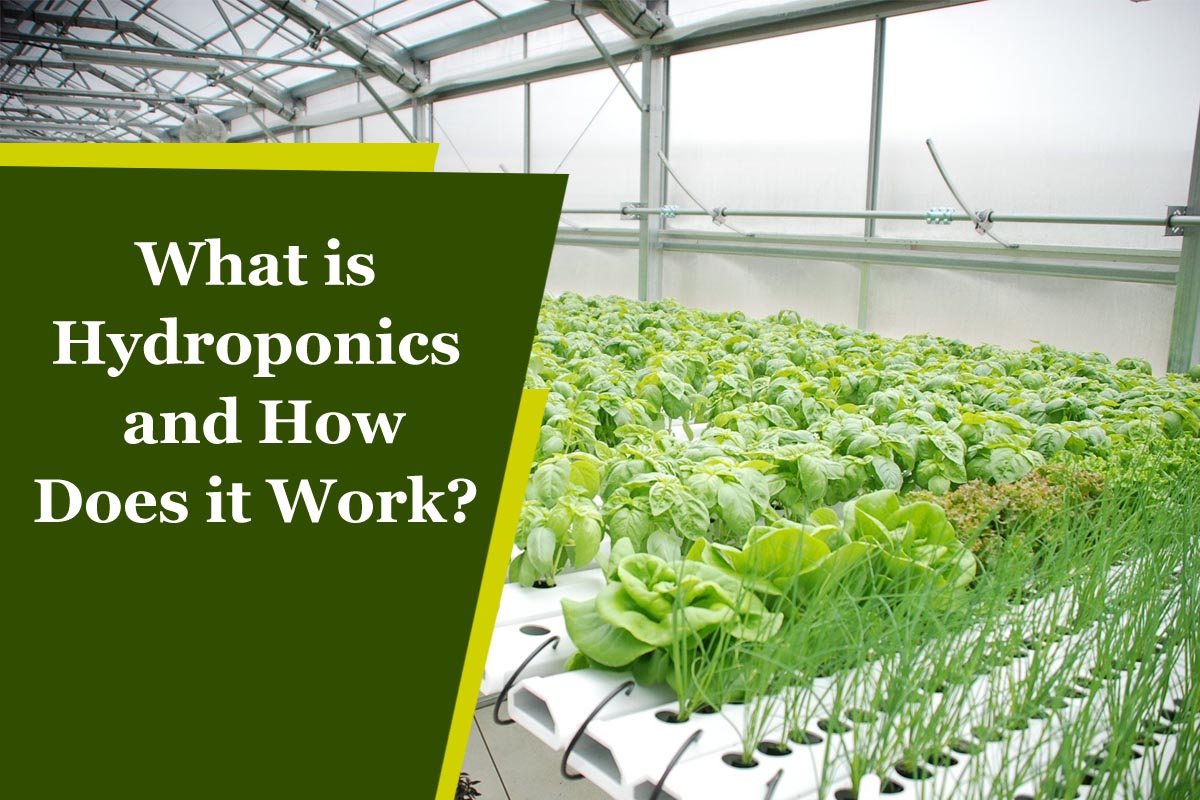Organic Farming.
About Course
Organic farming is in a nascent stage in India. About 2.78 million hectare of farmland was under organic cultivation as of March 2020, according to the Union Ministry of Agriculture and Farmers‘ Welfare. This is two per cent of the 140.1 million ha net sown area in the country.Organic farming which is a holistic production management system that promotes and enhances agro-ecosystem health, including biodiversity, biological cycles, and soil biological activity is hence important. It aims at recycling materials and resources to the greatest extent possible. Additionally it involves careful use of water resources. It is also more economical than the other farming techniques. Organic farming results in less nutrient contamination, since it stays away from the artificial pesticides. So ASDC Provide the training to our Annadata,s and Farmers and save our earth.



